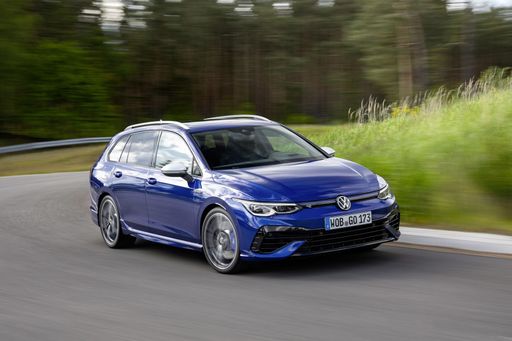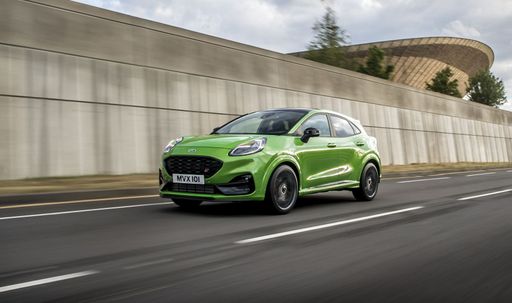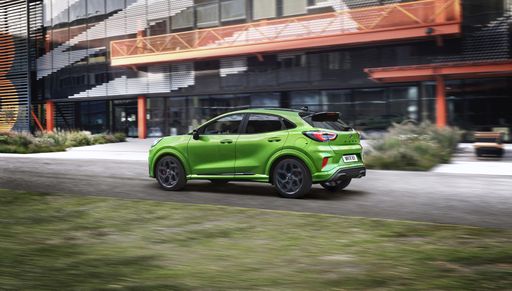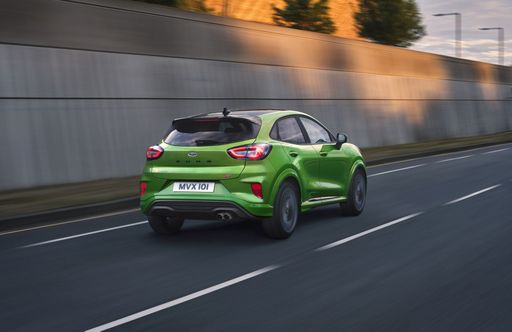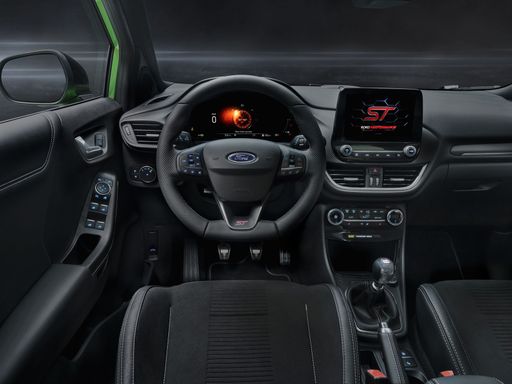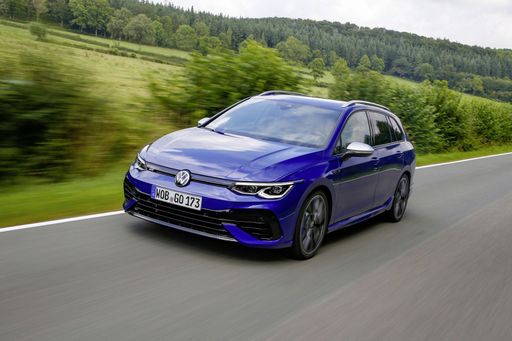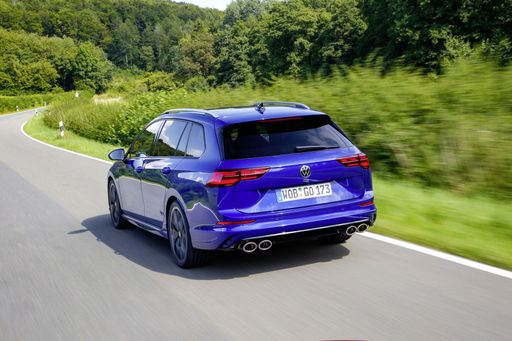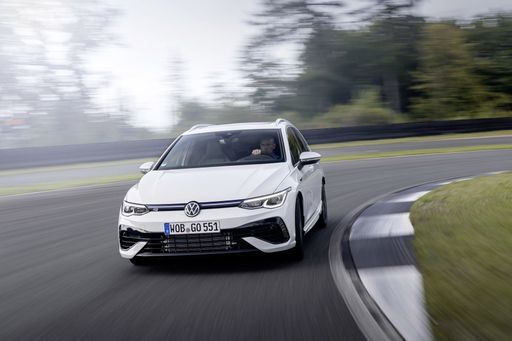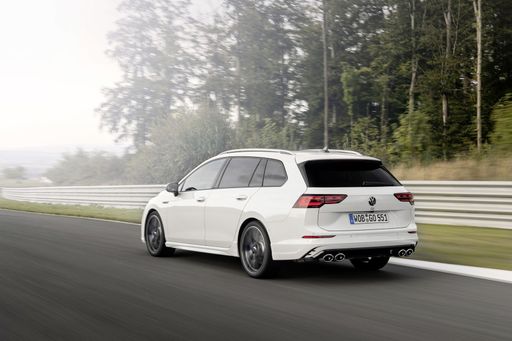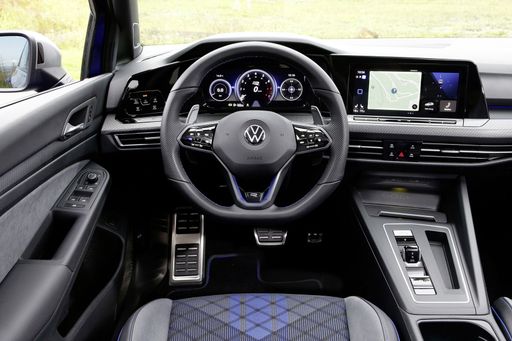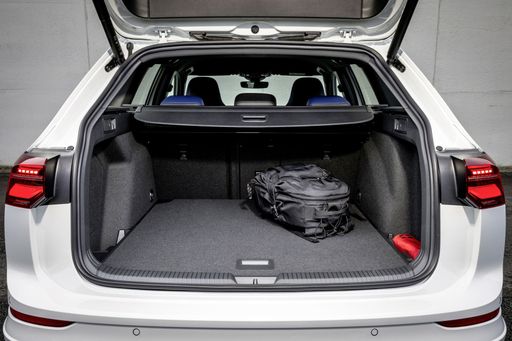Ford Puma vs. VW Golf Variant: A Battle of Versatility and Innovation
As the automotive world continues to evolve, crossover SUVs and wagons remain popular among consumers seeking practicality without compromising on style and innovation. This article pits two formidable contenders against each other — the Ford Puma and the VW Golf Variant. Each vehicle brings a distinct flavor to the mix, promising a blend of performance, comfort, and cutting-edge technology. Here’s how they stack up.

